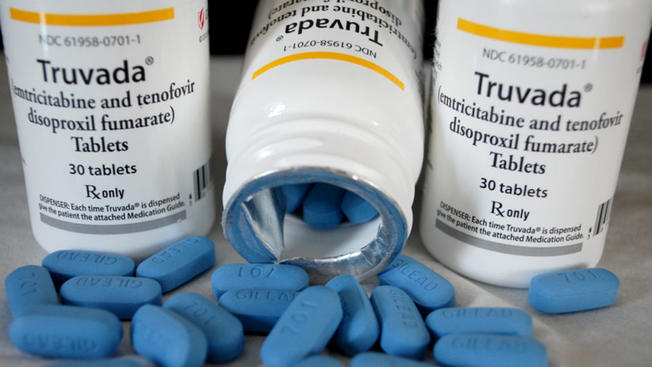Recent indicators from the World Health Organization (WHO) and Unaids (Joint United Nations Program for HIV/Aids) pointed to a trend that has been monitored in recent years: young people are currently the most infected by the HIV virus, especially in western countries. In Brazil, this scenario is no different. A recent study by the Ministry of Health showed that 1 in 4 young people in the country are infected with the virus that causes AIDS. The research was conducted in 12 Brazilian cities. Among these young people, there are also teenagers over the age of 16 – those who are close to reaching adulthood. It is a fact that nowadays people start their sexual lives at an earlier age. And, unfortunately, it is clear that prevention campaigns are not enough to guide these individuals to use condoms. We cannot deny that people neglect condoms, ignore the risk of having sex without a condom and, for this very reason, are increasingly susceptible to sexually transmitted infections, especially HIV. To contain the spread of the epidemic – some scholars are already talking about a “new AIDS epidemic” similar to that of the 1980s, when the disease was discovered – two new technologies were developed, whose effectiveness in controlling infection by the acquired immunodeficiency virus is more than 95%: PrEP and PEP. Both are already available in the Unified Health System (SUS) and are offered free of charge in Brazil, as is treatment for STIs. Regarding Pre-Exposure Prophylaxis (PrEP), which consists of the use of antiretroviral medication (the same used by HIV-positive people) by people known to be negative for HIV, this treatment method is offered exclusively to people over the age of 18, including in Brazil. Recently, however, the FDA, the North American agency that regulates drug registration, approved the use of PrEP for people under 18 years of age. What motivated this determination is, as stated above, the fact that indicators show that many people are reaching adulthood with positive HIV status. Brazilian scholars believe that the release in the United States is a big step towards the same happening in the rest of the world, including here. According to information from infectious disease doctor Ricardo Vasconcellos, there is currently a study in Brazil that is underway to evaluate the provision of PrEP, within a Combined Prevention plan, for young people aged 15 to 19 years old, in the cities of São Paulo, Belo Horizonte and Salvador. It is also important to highlight that the use of Pre-Exposure Prophylaxis is an important strategy, with proven effectiveness, for serodiscordant couples – in which one is seropositive and the other is not. Also, it is always worth remembering that this strategy only inhibits infection with the HIV virus and not other sexually transmitted infections.



